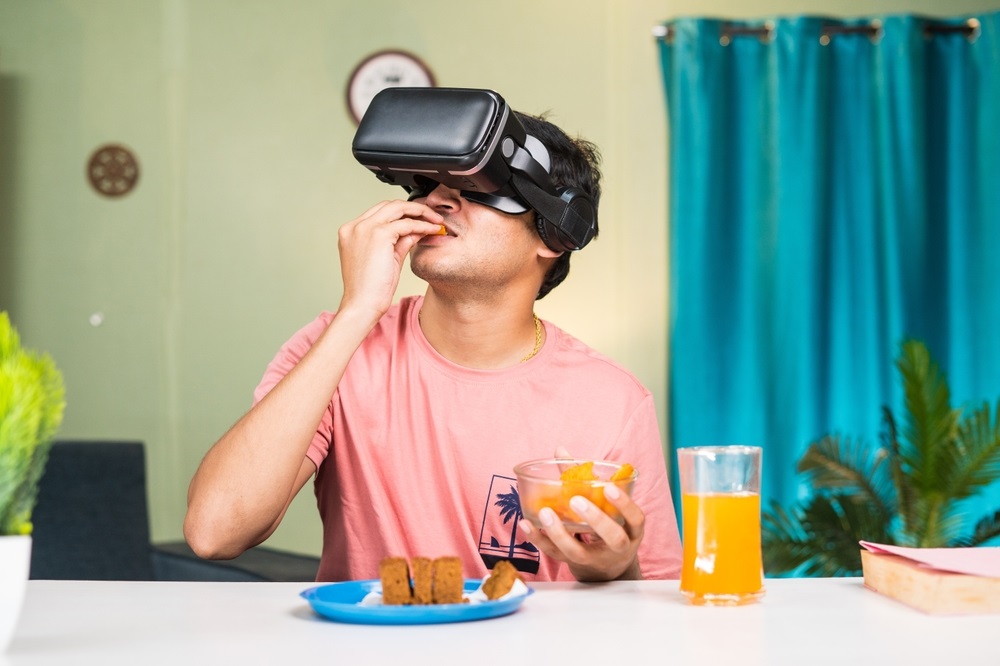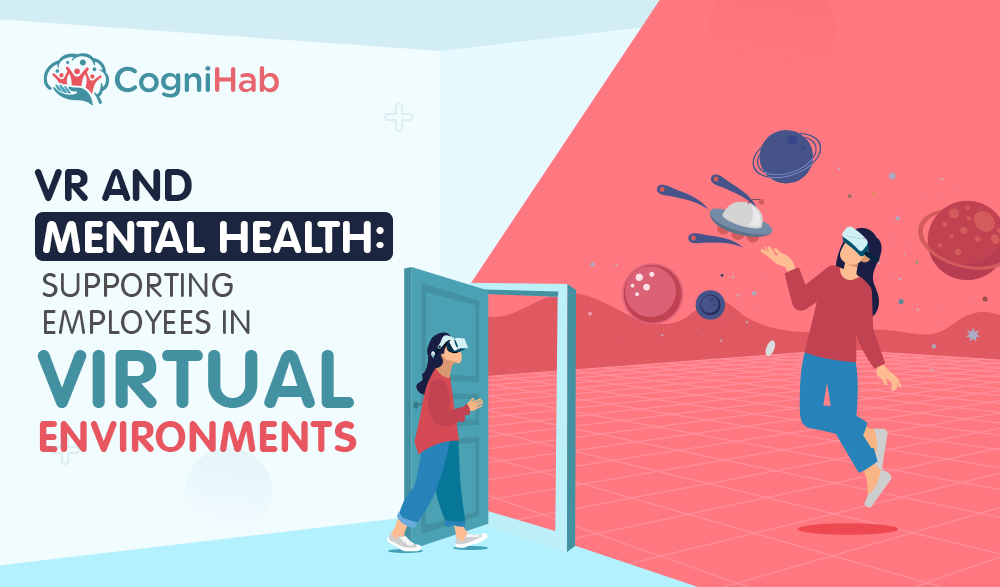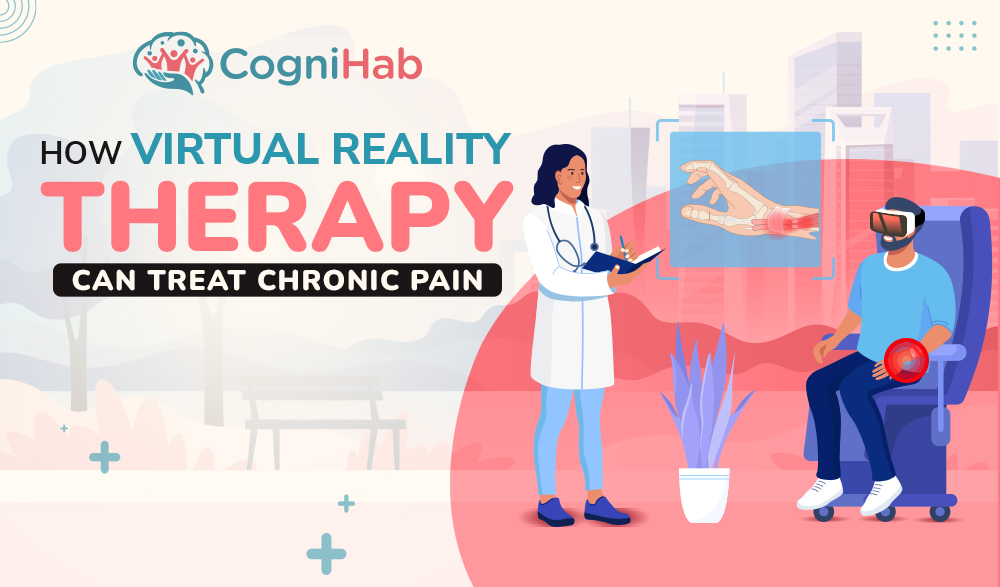Traumatic Brain Injury: Know more about Therapy and Rehab
Traumatic brain injury (TBI) is the term used when the brain is injured by an abrupt, external physical assault. It is one of the main factors contributing to adult disability and fatalities. There are many different types of brain injuries, and the term "TBI" is incredibly inclusive.
When an injury takes place in a single and specific area of the brain it may be referred to as the "focal area".
Additionally, the assault may affect multiple different regions of the brain, known as diffuse brain injury. Furthermore, there are different degrees of brain injuries, ranging from minor concussions to serious ones that can be turned into a coma or even death.
In 2020, there will be over 64,000 TBI-related deaths in the United States alone, according to the released data. While more than 5.3 million people are living with the disability post-traumatic brain injury. The main reasons for such injury are falls, suicide attempts, vehicle accidents or assault may be the major reason for TBI. According to Indian data, every year, TBI causes close to 1 million injuries, 200,000 fatalities, and close to 1 million people who need rehabilitation services.
Causes and Symptoms of Traumatic Brain Injury
Causes
The following are instances of traumatic brain injury that are frequent:
- The most frequent cause of traumatic brain injury overall, especially in older adults and young children, is falling—from a bed or ladder, downstairs, in the bath, and other falls.
- Traumatic brain injuries frequently result from collisions involving automobiles, motorcycles, or bicycles.
- The most frequent causes are gunshot wounds, domestic violence, child abuse, and other types of assault. Infants who are violently shaken can suffer from the shaken baby syndrome, a traumatic brain injury.
- Injuries sustained while playing a variety of youth-friendly sports can result in traumatic brain injuries.
- Explosive blasts are a frequent cause, and while the exact mechanism of damage is still unclear, researchers think that the pressure wave that passes through the brain significantly impairs brain function.
Symptoms
Numerous psychological and physical effects can result from traumatic brain injury. Some signs or symptoms may manifest right away following the traumatic event, while other symptoms may take days or weeks to become apparent. Some signs may be physical; some may be sensory and behavioral. Extreme fatigue, nausea, vomiting, speech problems, headaches, and dizziness coupled with the loss of balance are just a few examples of physical symptoms.
In addition to being sensitive to light or sound, the person may also experience some sensory symptoms like blurred vision, ringing in the ears, problems with taste buds, and impaired smell.
Cognitive, behavioral, or mental symptoms can include brief or prolonged unconsciousness. In other circumstances, the person might not experience losing consciousness but instead began to feel confused and disoriented. Along with extreme mood swings, some people may experience memory loss, difficulty concentrating, and loss of coordination. In addition, some people may struggle with issues like anxiety and depression, while others may have sleeping disorders or have trouble getting enough too little, or too much sleep.
It's possible that young children and babies with brain injuries are unable to communicate symptoms like headaches, sensory problems, confusion, and other similar ones. A child with a traumatic brain injury may exhibit unusual or frequent irritability as well as a change in how they nurse or eat. Infants can occasionally cry nonstop and be challenging to comfort. Their ability to concentrate can also change, along with their sleep patterns. They might also experience seizures, feel sleepy, or lose interest in their hobbies or favourite pastimes.
Rehab after Traumatic Brain Injury
Different kinds of traumatic brain injury therapies are crucial components of treatment. It might aid in treating the physical and mental issues brought on by traumatic medical injury as well as helping the person become more functional. Support on a social and emotional level is another benefit of rehab. In addition, rehabilitation can aid in avoiding traumatic brain injury side effects like blood clots, chronic pain, pressure ulcers, and bedsores. In addition to pneumonia and breathing issues, the patient may post-TBI experience a drop in blood pressure with movement. Other common post-traumatic brain injury symptoms include muscle weakness and spasms, bowel and bladder issues, and issues with reproductive and sexual function. This results in a greater need for rehabilitation programs. Rehab is crucial for restoring cognitive health.
Rehabilitation with Virtual Reality
Cognihab is a real-world illustration of a company using virtual reality for social good. Spinal Cord Injury Treatment is a digital healthcare company that uses virtual reality to help stroke patients with their rehabilitation. Virtual reality pain relief is also a good option that reduces the necessity of pain reliever drugs. The innovative, immersive VR brain injury rehabilitation techniques it uses to offer a wide range of healthcare options for brain injury therapy.
It provides total-body exercises through virtual reality. Many exercises target specific body parts to improve motor skills. The list of activities for traumatic brain injury includes brain games as well. The use of VR-based spinal cord injury pain treatment provided by qualified therapists can hasten patients' effective recovery.
With the emphasis on upper body movements followed by lower body movements for quicker and more noticeable results, some of the exercises used in the Cognihab VR games for stroke rehabilitation are very effective. For more effective and long-lasting results, VR workouts emphasize lower body motions and exercises. It also helps a person regain independence in performing daily tasks. Some games can improve brain rehabilitation and aid in its reorganization. Patients could also benefit from playing a variety of virtual reality games to improve their performance on daily tasks like catching things.
Conclusion
Any kind of injury takes time to recover from; however, brain injury is a complex situation as it handles the entire body's function. A traumatic brain injury may result in life-long disability or dependence on others for daily activity. Addition to that person may also gain motor skills and mobility with regular practice with VR-based rehab programs.
To know more about its functions and benefits, you can reach out to Cognihab.






